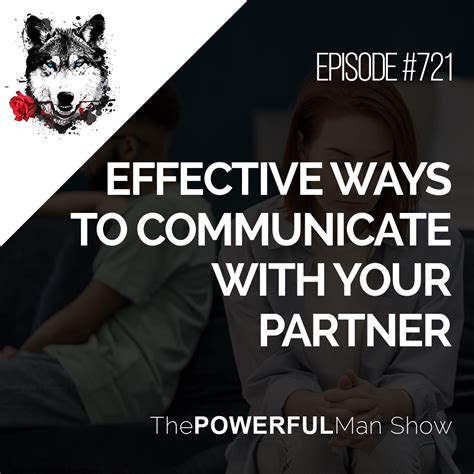For many men, navigating the complexities of relationship communication can feel like an uphill battle. Yet, mastering these essential skills is not just about avoiding arguments; it’s about building deeper connections, fostering mutual understanding, and creating a resilient foundation for lasting love. Effective communication is the bedrock of any healthy relationship, empowering men to express their needs, understand their partners, and collaboratively overcome challenges.
Why Communication is Key for Men in Relationships
Ignoring communication gaps can lead to misunderstandings, resentment, and a gradual erosion of intimacy. When men actively engage in improving their communication, they unlock a host of benefits:
- Stronger Bonds: Open and honest dialogue builds trust and intimacy.
- Reduced Conflict: Clear communication helps address issues before they escalate.
- Greater Empathy: Understanding a partner’s perspective strengthens connection.
- Personal Growth: Developing these skills enhances self-awareness and emotional intelligence.

Core Communication Skills for Men
Active Listening: Beyond Just Hearing
One of the most powerful communication tools is active listening. It means fully concentrating on what is being said, rather than just waiting for your turn to speak. This involves:
- Paying Attention: Make eye contact, put away distractions, and give your partner your full presence.
- Reflecting: Paraphrase what you’ve heard to confirm understanding. “So, if I understand correctly, you’re feeling frustrated because…”
- Avoiding Interruptions: Let your partner finish their thoughts completely.
- Validating Feelings: Acknowledge their emotions without necessarily agreeing with their premise. “I can see why you’d feel upset about that.”
Expressing Emotions Effectively: Vulnerability as Strength
Men are often socialized to suppress emotions, but expressing feelings is crucial for intimacy. Learning to articulate your emotional landscape allows your partner to truly know and support you.
- Use “I” Statements: Focus on your feelings and experiences rather than blaming. “I feel overwhelmed when…” instead of “You always make me feel overwhelmed.”
- Be Specific: Instead of “I’m fine,” try “I’m feeling a bit stressed about work, but I’ll be okay.”
- Practice Naming Emotions: Expand your emotional vocabulary beyond just “angry” or “happy.” Explore words like “frustrated,” “anxious,” “grateful,” “disappointed.”

Mastering Non-Verbal Cues
Much of our communication is non-verbal. Be mindful of your body language:
- Open Stance: Avoid crossed arms or turning away, which can signal defensiveness.
- Eye Contact: Maintain appropriate eye contact to show engagement, but avoid staring.
- Tone of Voice: A calm, even tone can de-escalate tension, while a raised voice can escalate it.
The Art of Empathy
Empathy is the ability to understand and share the feelings of another. It’s about putting yourself in your partner’s shoes and genuinely trying to see their perspective, even if you don’t agree with it.
- Imagine Their Experience: Ask yourself what it must be like to be them in this situation.
- Show Compassion: Communicate that you care about their feelings.
Strategies for Conflict Resolution
Conflict is inevitable in any relationship, but how you navigate it determines its health.
Choose Your Timing Wisely
Avoid difficult conversations when you’re tired, stressed, or rushed. Find a time when both partners can give their full attention without distraction.
Focus on “I” Statements
As mentioned before, “I” statements are critical during conflict. They help you express your feelings and needs without making your partner feel attacked, which can lead to defensiveness. For example, instead of “You never listen to me,” try “I feel unheard when I’m interrupted during our discussions.”

Practice De-escalation
If a conversation starts to heat up, learn techniques to cool it down:
- Take a Deep Breath: Regulate your own emotions first.
- Use a Softened Tone: Lowering your voice can often encourage your partner to do the same.
- Acknowledge Your Partner’s Pain: “I can see this is really important to you, and I want to understand.”
Know When to Take a Break
Sometimes, the best communication strategy is to pause. If an argument becomes too intense, suggest taking a break for 20-30 minutes to calm down and regroup. Agree on a specific time to resume the discussion.

Continuous Improvement and Practice
Mastering communication is an ongoing journey, not a destination. Be patient with yourself and your partner. Every conversation is an opportunity to learn and grow.
- Seek Feedback: Ask your partner how you’re doing and what you could improve.
- Read and Learn: Books, workshops, and even relationship counseling can provide valuable tools.
- Practice Consistently: The more you practice these skills, the more natural they will become.

By committing to these communication strategies, men can transform their relationships, moving from conflict and misunderstanding to deep connection, mutual respect, and enduring love. It’s an investment that pays dividends for a lifetime.




